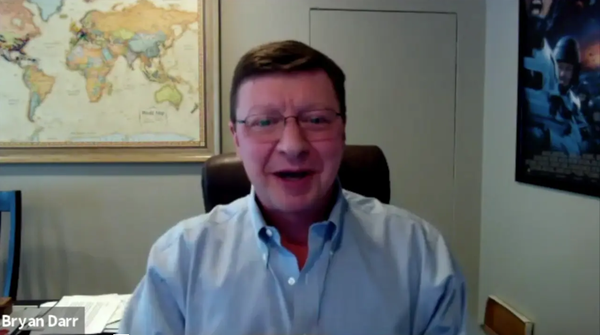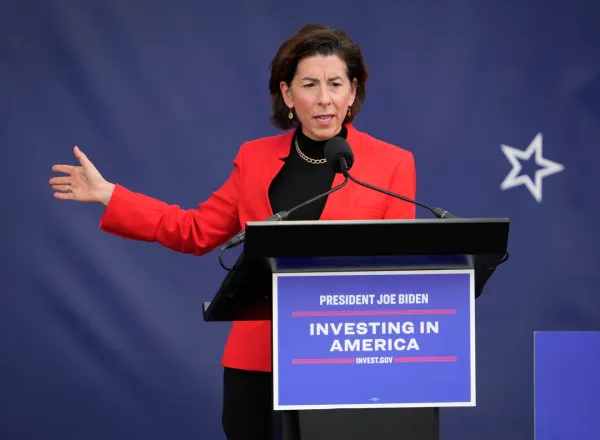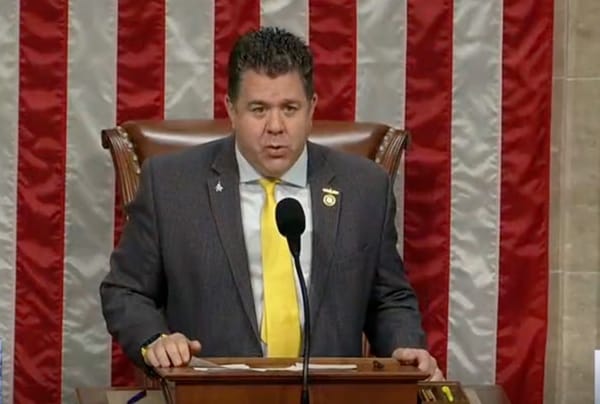Cable Industry and Cable Regulators Lament Power of Federal Communications Commission
WASHINGTON, June 10 – The Federal Communications Commission has gone all out in its efforts against cable television operators, two speakers close to the cable industry said Thursday at a conference of the Alliance for Community Media here.
WASHINGTON, June 10 – The Federal Communications Commission has gone all out in its efforts against cable television operators, two speakers close to the cable industry said Thursday at a conference of the Alliance for Community Media here.
The unprecedented power accumulated by the FCC “should strike fear on all of us,” said Libby Beaty, executive director of the National Association of Telecommunication Officers and Advisors. The agency “has gone after local government and cable TV.”
NATOA represents local officials that supervise cable television franchises, and has been critical of FCC moves to bypass local franchise authorities.
“The worst thing in the world is to get the government involved” in the cable television business, said Dan Brenner, senior vice president for law and regulatory policy with the National Cable and Telecommunications Association, which represents leading cable operators.
“It’s micromanaging that we want [to] avoid,” he said.
Brenner said that the cable industry has changed the way Americans watch television. Irrespective of the looming February 19, 2009, deadline for the transition to digital broadcast television, for the most part the cable industry has already made its own transition, he said.
Beaty also said that public, educational and government channels (PEG) on cable systems provide key local content on cable television. The Alliance for Community Media brings together television programmers who offer alternative content on local PEG channels.
As an audience member pointed out that local PEG channels produce ten times more programming than do local broadcast stations.
Panelists, including Rick Chessen, senior legal advisor to Commissioner Michael Copps, agreed, and urged audience members to send videos, pictures and other briefing material to the FCC and to legislators in order to highlight this fact.
The more somebody makes their issues known to their member of Congress, the more that congressperson will care – providing that it affects the members’ constituents, said Beaty.
With regard to broadband, or the high-speed Internet services available via cable modems, Beaty said that her group’s focus was on “deployment and adoption.” She said that network neutrality still “has different meanings and all depends on who you talk to and what [is] the context.”






